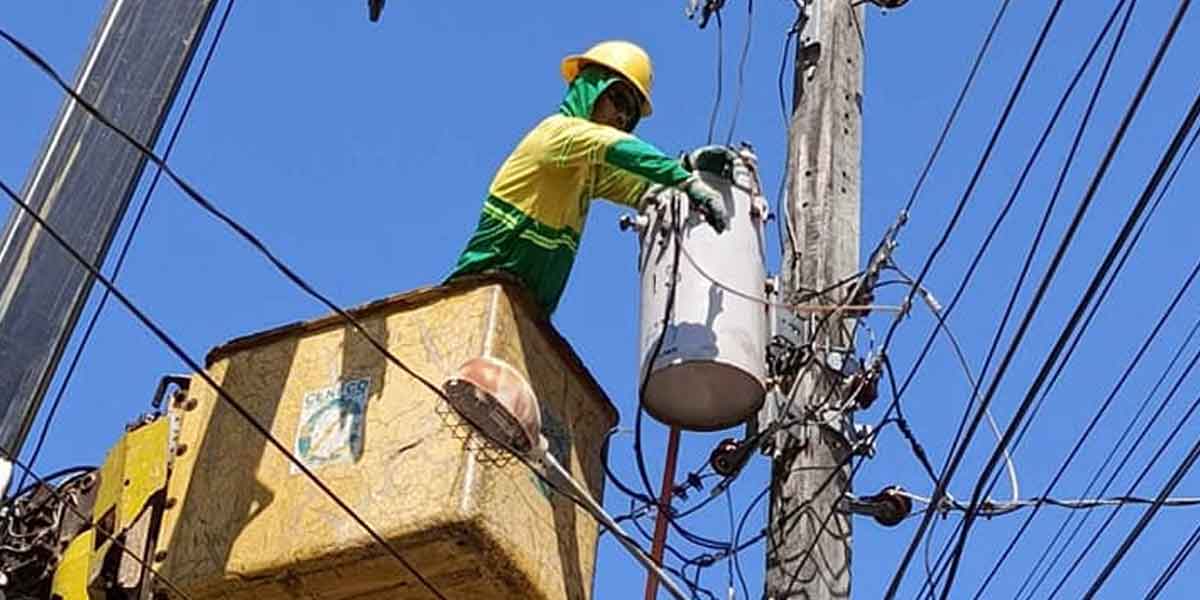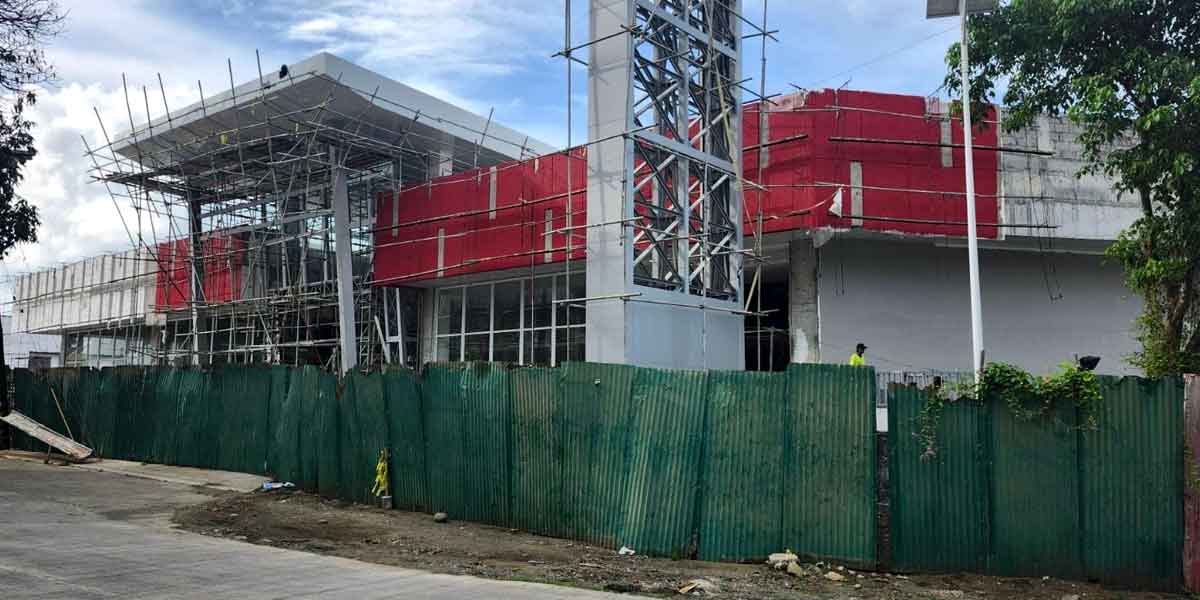
More than 1.7 million learners enrolled in public schools in Western Visayas are expected to start their classes today, October 5, 2020, under the new normal as threats of coronavirus disease (Covid-19) forced the learners and teachers to ditch the face-to-face and classroom settings.
Despite the huge adjustments, the Department of Education in Western Visayas (DepEd) is confident that the opening of classes will be smooth amid the Covid-19 pandemic.
“We are looking at the challenge of mobility because of border restrictions. But I know when people know that you are serving the learners, I know things will be made easy,” DepEd 6 regional director Ma. Gemma Ledesma said during a virtual press conference on Thursday.
Data from the education department indicated that 1,750,921 students from kindergarten, elementary, junior high school (JHS) senior high school (SHS) are enrolled in public schools in Western Visayas as of October 1, 2020.
This is equivalent to 97.31 percent of last school year’s enrollment which is at 1,799,299 enrollees.
DepEd saw a huge drop in enrollment in private schools and local universities and colleges (LUCs) and state university and colleges (SUCs) in the region this school year.
A total of 3,135 have enrolled in LUCs and SUCs which is only 62.05 percent of the enrollment recorded last year.
Meanwhile, 151,850 learners or 64.26 percent enrolled in private schools in Western Visayas while for Alternative Learning System (ALS), it recorded 51.13 percent of last school year’s enrollment.
Overall, enrolled learners for all sectors is at 93.38 percent.
Ledesma said more than one million learners in Western Visayas have opted for the modular learning modality compared to other modalities such as online, blended, and television-based and radio-based.
Under the modular learning distancing modality, instruction materials in the form of modules are prepared by the teachers.
The modules which contain exercises and assignments will be turned over to the parents who will eventually deliver the modules to their children.
Ledesma said they have encouraged the use of other modalities, but for those that have no television or in areas where no radio station can be tapped, the best option is modular learning.
As early as Friday, schools in the region have started distributing modules to the parents.
In Capiz, School’s Division Superintendent Dr. Salvador Ochavo Jr. said they are all set for the formal opening of classes today adding that the schools are now 100 percent prepared.
The preparation for School Year 2020-2021 through Learning Continuity Plan started in March when the province was placed under Enhanced Community Quarantine.
Various learning modalities were prepared by the teachers for the students – Radio Based Instruction, Modular Based Instruction, Studio Based Instruction, Blended Based Instruction, and Online Based Instruction.
Ochavo stressed that the P68 million budget allocated by the Central Office for the Capiz Division to be used in the printing of modules for the students is enough.
The modules were already distributed to the students in the whole province of Capiz.
Ochavo believes that it will be very effective for the students who opted for the Radio Based Instruction. (ERS/FVC/With a report from PNA)




















